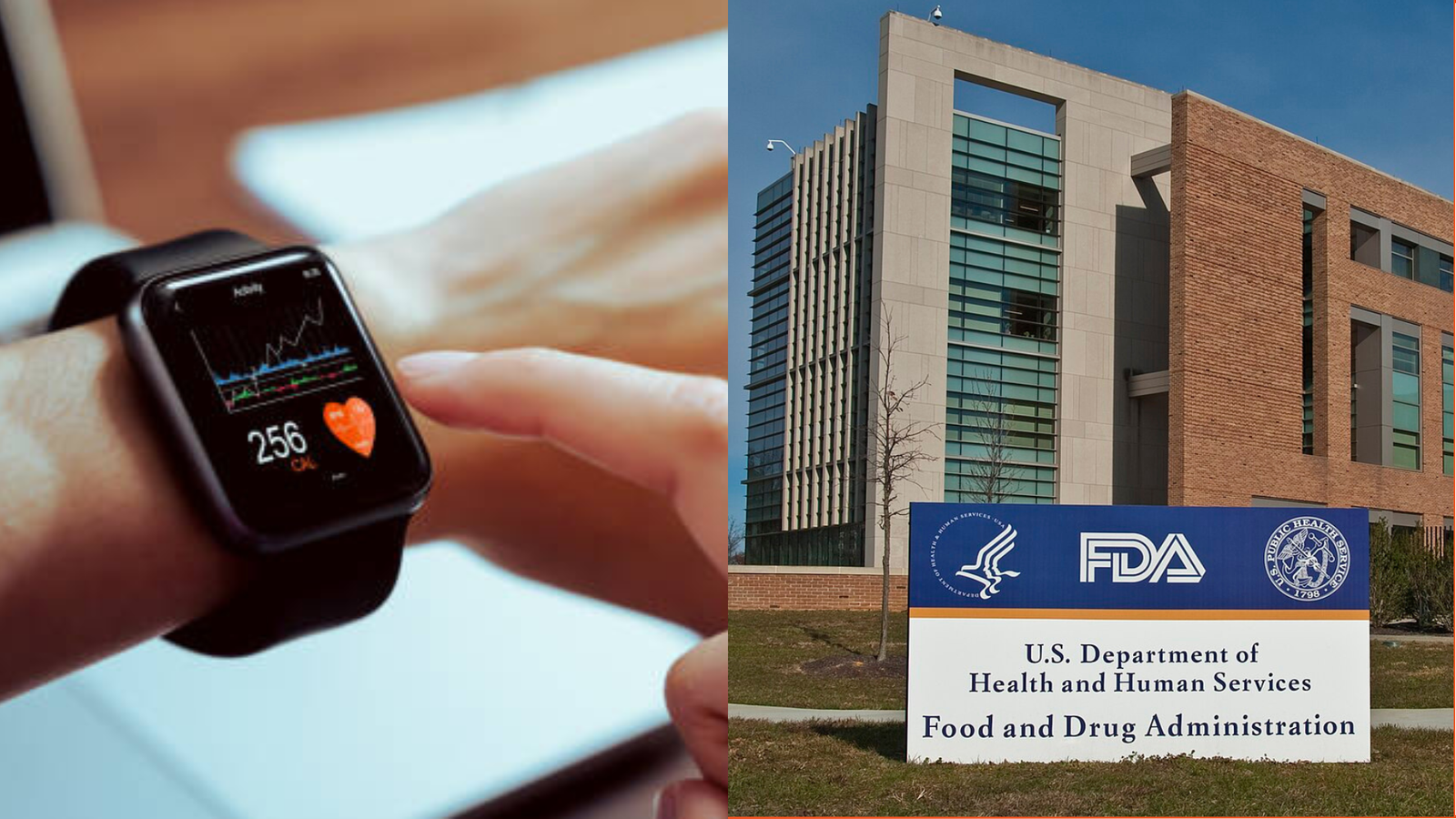In Part 1, we analysed the EU’s early regulatory efforts in the 2010s to curb US tech giants’ dominance through privacy and antitrust laws, setting the stage for transatlantic tensions.
In this part, Ronin Legal traces the EU’s evolving tech regulations from 2020 onward, examining the Digital Markets Act (DMA), Digital Services Act (DSA), digital taxes, and key enforcement actions, alongside the US’s growing objections, which frame these measures as tariff-like barriers.
The Drive for Digital Sovereignty
In her September 2020 State of the Union Address, European Commission President Ursula von der Leyen emphasized that Europe must secure digital sovereignty through a common vision for 2030, grounded in clear goals and principles.
This political impetus builds on efforts from the past decade to accelerate Europe’s digital transformation, advancing the Digital Single Market and implementing the strategy for Shaping Europe’s Digital Future. This strategy introduced a wide-ranging programme of policy reform, including the Digital Services Act and the Digital Markets Act.
Digital Markets Act: Regulating Gatekeepers
Effective from 2023, the Digital Markets Act (DMA) promotes fair competition by targeting “gatekeeper” platforms with over 45 million monthly EU users, 10,000 business users, and either €7.5 billion in annual EU revenue or a €75 billion market value across three EU countries.
In September 2023, the European Commission designated Google, Meta, Apple, Amazon, Microsoft, and ByteDance as gatekeepers, requiring them to avoid self-preferencing, ensure interoperability, and obtain user consent for data integration. Apple must allow alternative app stores on iOS, while Google must treat rival services fairly in search rankings.
On March 4, 2024, the Commission fined Apple €1.84 billion for DMA violations, finding that its App Store rules prevented music streaming apps, notably Spotify, from informing users about cheaper subscription options outside the platform. These “anti-steering” rules, in place since 2010, limited competition and raised prices.
Apple altered its App Store policies in April 2024 but appealed the fine, arguing the Commission misinterpreted DMA obligations and ignored market dynamics. As of June 2025, the appeal awaits a preliminary hearing.
In January 2025, Google appealed its gatekeeper designation for Google Search, Android, and Chrome, claiming the DMA’s criteria unfairly target its scale while exempting smaller platforms. The case, pending a hearing in late 2025, reflects ongoing disputes over the DMA’s application.
Digital Services Act: Ensuring Online Safety
The Digital Services Act (DSA), effective from 2024, enhances platform accountability for “Very Large Online Platforms” (VLOPs) with over 45 million EU users.
Designated VLOPs include Meta’s Facebook and Instagram, Google’s YouTube, ByteDance’s TikTok, Amazon Marketplace, and X. They must assess risks like disinformation, protect minors, and disclose content moderation and advertising practices.
In April 2024, the Commission launched DSA probes into Meta, X, and TikTok. Meta’s investigation targets Instagram and Facebook for algorithmic designs that may foster addiction, particularly among minors, and weak age-verification systems that fail to block harmful content.
As of June 2025, the probe continues, with potential fines of 6% of Meta’s global turnover if violations are confirmed by early 2026.
X faces scrutiny for hosting illegal content, including hate speech and terrorist propaganda, using deceptive “dark patterns” to manipulate user choices, and lacking transparent advertisement policies.
Since December 2024, the European Commission has launched formal proceedings under the Digital Services Act (DSA) to assess whether TikTok’s algorithm and political content policies jeopardized the integrity of the November 2024 Romanian presidential election, later rescheduled in May 2025
Sectoral and National Regulations
The EU and member states introduced targeted laws to regulate emerging technologies and labour practices, each with significant enforcement actions.
Germany’s Competition Law
Germany’s 2021 Competition Act amendment empowers the Federal Cartel Office (Bundeskartellamt) to proactively address firms with “paramount significance for competition”, such as Google, Meta, and Amazon, before dominance abuses occur.
The law restricts self-preferencing, data integration, and service bundling, influencing EU-wide policies like the DMA.
In June 2025, the Bundeskartellamt warned Amazon that its price-control mechanisms on third-party marketplace sellers likely violate the Act by limiting retailers’ pricing freedom, reinforcing Amazon’s dominance. Amazon disputed the findings, arguing its policies ensure fair competition. The case is ongoing, with a potential fine or behavioural remedies pending a 2026 decision.
EU AI Act
Enacted in August 2024, the European Union Artificial Intelligence Act (EU AI Act), 2024, regulates AI based on risk levels, requiring high-risk systems in hiring or policing to meet strict transparency, accuracy, and documentation standards.
Prohibited usages include social scoring and real-time biometric surveillance. Tech firms like Meta and Google, using AI for content recommendations, face disclosure obligations.
Platform Workers Directive
Adopted in 2024, the Platform Workers Directive seeks to reclassify gig workers as employees if platforms control pay, schedules, or use algorithmic management, entitling workers to benefits like minimum wage.
Companies like Uber, Deliveroo, and Lyft would then owe benefits like minimum wage and social security. Countries like Spain and Italy already apply similar rules, raising compliance costs for platforms.
Digital Taxes and US Response
To combat tax avoidance, EU countries like France, Spain, and Italy introduced Digital Services Taxes (DSTs) from 2018 to 2020, levying 3–5% on digital ad revenues of firms like Google and Meta. France’s 2024 DST expansion to cloud services affected Amazon and Microsoft.
The US, under the Trump administration, labelled these taxes discriminatory. A 2020 US Trade Representative Section 301 investigation found France’s DST targeted US firms, prompting tariff threats on French goods, later suspended. In January 2025, Trump called EU fines and taxes “unfair trade practices” at Davos, reviving tariff warnings.
The US challenged EU rules at the World Trade Organization, arguing they violate fair trade principles, and sought relief through the US-EU Trade and Technology Council, with disputes unresolved as of June 2025.
A Transatlantic Divide
By 2025, the EU’s regulations, DMA, DSA, AI Act, and DSTs had reshaped US tech operations, imposing significant fines and compliance burdens. The Trump administration viewed these as protectionist, arguing they unfairly target US firms to favour European competitors.
The EU insists its focus is fairness and user protection, but the dynamic is clear: Europe sets rules, and US firms must adapt.
Part 3 will examine how these regulations reshape competition, US tech strategies, and the geopolitical implications for global tech governance.
Authors: Shantanu Mukherjee, Alan Baiju, Mohak Vilecha














































